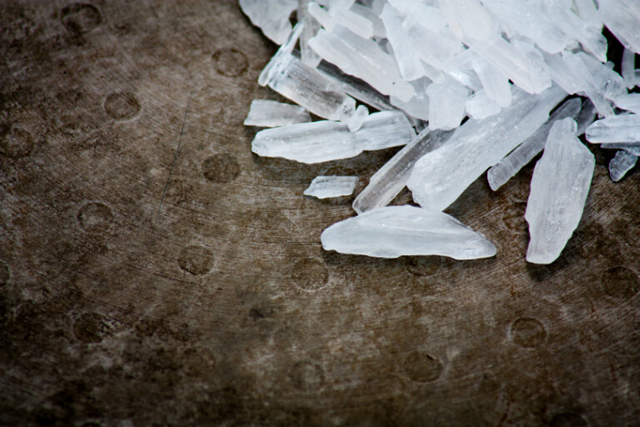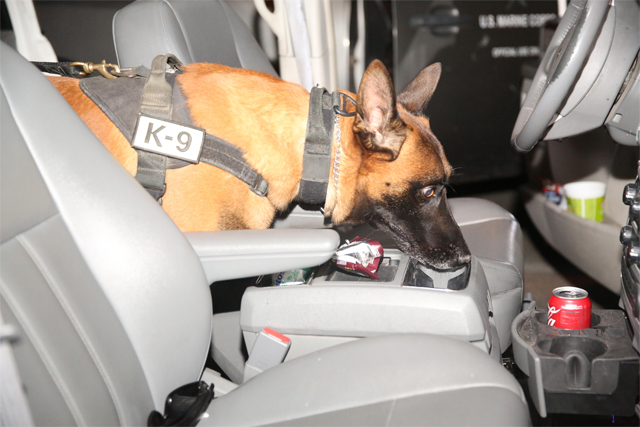It is never wise to romanticize societies designated as “peaceful”—many of them have the same or very similar problems as the rest of humanity. For some of them, their pacifist beliefs and practices are still very important; for others, the peace traditions analyzed by prominent scholars now play only minor roles in their rhythms of daily life. The purpose of these news stories is to provide information that may foster our understanding of the rich tapestry of peacefulness and the ways very real societies cope with their problems.

An article published on December 1 in Tahiti Infos, a prominent news service for French Polynesia, described a major problem that is besetting Tahitian society: a drug scourge that is afflicting the people. Ice, the term used for crystal methamphetamine, is flooding into Tahiti and the surrounding Society Islands and wreaking havoc with those who have become addicted. Police and other officials are doing what they can to stem the scourge.
Addiction to ice is hitting the young Tahitians especially hard, according to the news story. Cases handled by the police services and customs agents increased more than 44 percent in 2018 compared to 2017—653 cases, up from 452 the year before. A Tahitian official who administers public security has called on parents to work with the police to try and curb the increasing use of the drug among young people.
Mario Banner, the Director of Public Safety, called a press conference on November 29 to alert the public about the growing danger. He had just returned from a meeting of an international crime control organization at which the problem of the growing use of ice was an important topic for consideration. He pointed out that it is an issue for the Pacific region particularly in Fiji, Tonga, and Polynesia. He said that the ice is made in southern China.

Banner doubled the narcotics brigade last year in order to better cope with the growing plague of drugs but he feels more action is needed. He wants a canine brigade—a trained dog and a handler. The government is negotiating with New Zealand to buy a dog and have an officer trained with it to combat the ice trade.
Ice is being brought into Tahiti from more than just China. M. Banner said it is being imported from the United States by mules using many different methods of concealment. At the end of October, for instance, a shipment of the drug was discovered in cans of baby milk and later in November someone attempted to smuggle the stuff into Tahiti from Hawaii hidden in some paddles. He suggested that an anti-narcotics office should be created in French Polynesia to help stem the drug traffic.